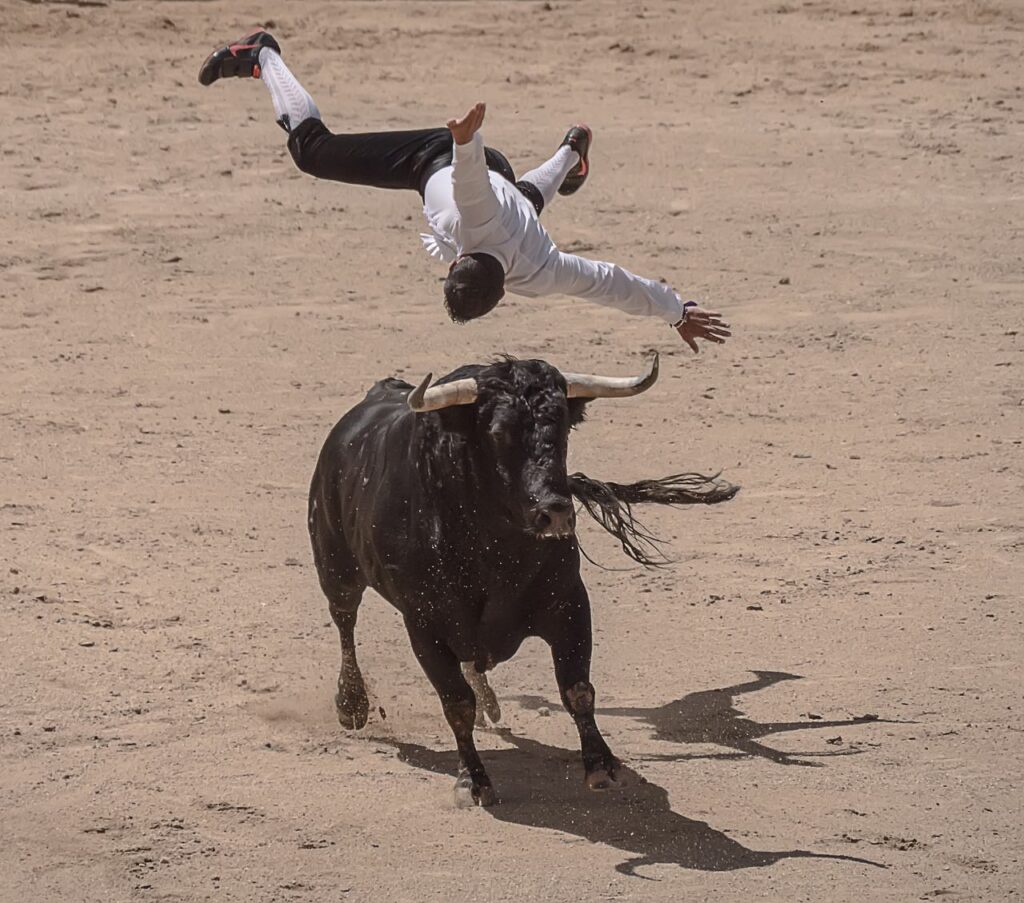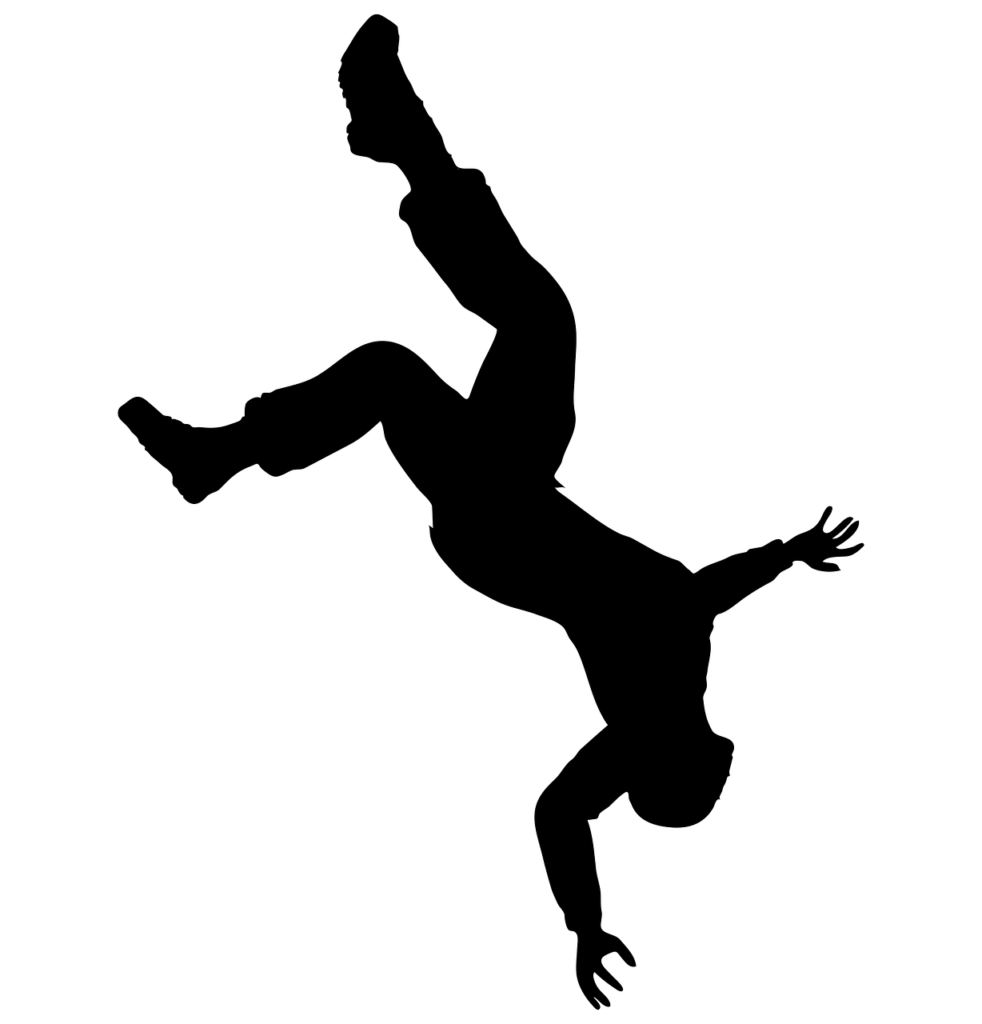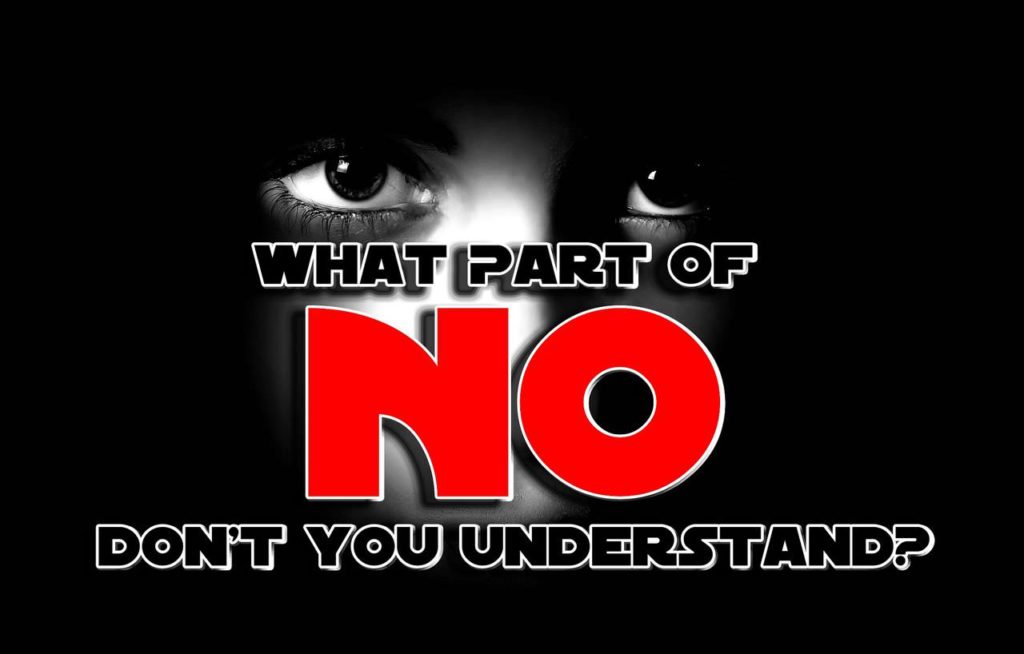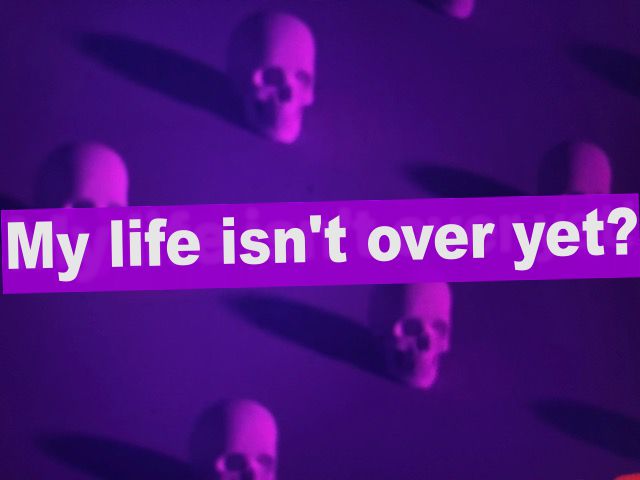
Despite being called one of the ten worst inventions of the millennium—alongside the Spanish Inquisition, advertising, and nuclear war—dwarf tossing threatened to return to Florida in 2001. Dave the Dwarf, a Tampa radio personality, filed a lawsuit asking a federal court not to enforce the 1989 Florida law that banned dwarf tossing in licensed establishments.
The lawsuit claimed that the law was unconstitutional and irrelevant to any valid public purpose. The plaintiff pleaded the right to start a dwarf-tossing business. The radio station used the litigation to launch a successful media stunt and was shrewd
Want to subscribe to receive blog updates sign up today!
enough to pit Little People of America (LPA) against Dave the Dwarf even though the named defendants in the lawsuit were the Florida governor and Division of Alcoholic, Beverages and Tobacco. The station titillated its audience by negatively portraying Dave as a piece of luggage to be tossed and LPA as a militant group interfering with his right to work.
Although the lawsuit was dismissed in February 2002, there was no hearing or ruling on the constitutionality of the law. Rather, the judge found he had no jurisdiction to hear the case because the agency rules to enforce the dwarf-tossing law had been repealed. As a result, the radio station planned a dwarf-tossing event. LPA in Florida resisted exploitive activity reminiscent of circus sideshows and put pressure on the state to publish enforcement rules before the event.
Meanwhile, John Stossel’s “Give Me a Break” segment on ABC’s 20/20 program aired on March 8, 2002. My husband and I naively believed that Stossel would fairly present both sides of the dwarf-tossing debate. He did not. After watching the 20/20 segment, I was so incensed that I sat up until the early hours of the morning writing a response called, “John Stossel Compromises Dwarfs in Name of Freedom.”
People encouraged us to keep fighting for the right thing and stand up for our beliefs. Barbara Walters—an acclaimed broadcast journalist—won the praise of many viewers when she nailed Stossel’s libertarian view by comparing the dwarf-tossing law to society’s ban on suicide, prostitution, and drug dealing.
Emboldened by the Stossel report and the judge’s dismissal of the lawsuit, the Tampa radio station planned a dwarf-tossing event for April 5, 2002. The Florida Division of Alcoholic Beverages and Tobacco responded to my complaint about the planned event on LPA’s behalf and warned the bar that dwarf tossing violated Florida law.
The bravado ended when the radio station cancelled the dwarf-tossing contest. But the DJ was livid and threatened to sue the state of Florida again. Thankfully, his plan was stymied when the Florida Department of Business and Professional Regulation published a Notice of Proposed Rulemaking that became effective on August 21, 2002. The penalties for violating the dwarf-tossing law included license revocation or suspension, a civil fine not to exceed $1,000, or both.
Image credit: Clker-Free-Vector-Images from Pixabay
This post is a condensed version of Chapter 12, Give Me A Break in “ALWAYS AN ADVOCATE: Champions of Change for People with Dwarfism and Disabilities” by Angela Muir Van Etten, https://angelamuirvanetten.com/books/






